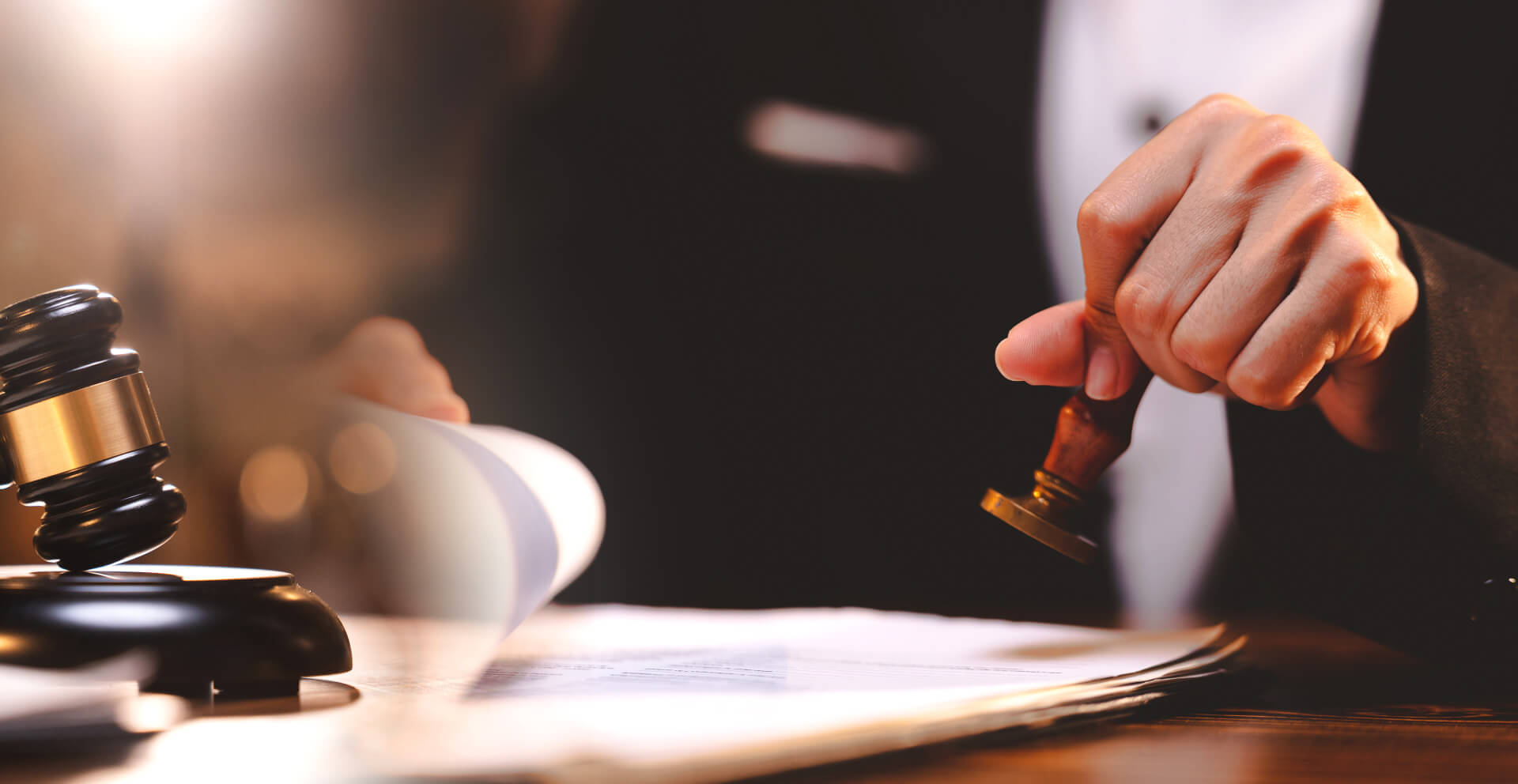According to the Office of the Public Guardian, 1,729 investigations into actions of attorneys and deputies were carried out in the 2017/18 financial year, a 40% increase over the previous year. This correlated with a rise in the number of DIY and online submissions for LPAs without professional guidance.
This demonstrates the importance of receiving professional advice from a qualified solicitor. They will act in your best interests, whether you’re a donor or attorney, and explain the process fully so you’re aware of your responsibilities. It will also ensure that clauses are put in place to protect a donor in cases of Powers of Attorney being abused.
Furthermore, organisations like Solicitors for the Elderly are set up to guide solicitors on best practice when managing the affairs of the elderly and vulnerable in society. Our Partner Melinda Giles is a member of this collective, meaning she applies the independent, confidential and expert advice this group emphasises.
Above all else, it is critical to speak to a solicitor before making a Power of Attorney to make sure your finances and well‐being are protected, and that you have chosen someone who will work in your best interests. Furthermore, if you suspect abuse by someone’s LPA towards their donor, contact a professional.




















